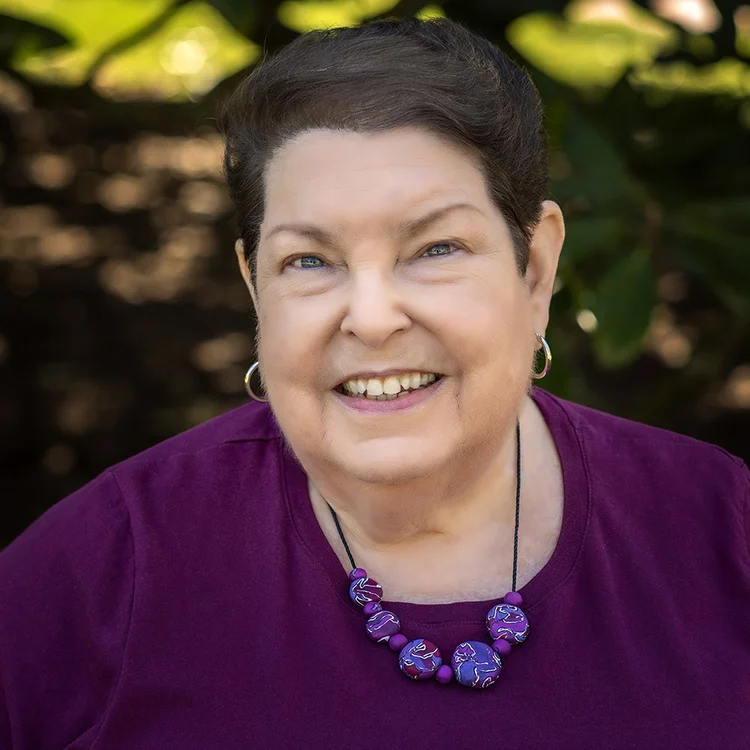
It now has its own blog where book bloggers can link up their own mailbox posts and share which books they bought or which they received for review from publishers, authors, and more.
Emma, Martha, and I also will share our picks from everyone’s links in the new feature Books that Caught Our Eye. We hope you’ll join us.
Here’s what I received:

In 1943, Irene Woodward abandons an abusive fiancé in New York to enlist with the Red Cross and head to Europe. She makes fast friends in training with Dorothy Dunford, a towering Midwesterner with a ferocious wit. Together they are part of an elite group of women, nicknamed Donut Dollies, who command military vehicles called Clubmobiles at the front line, providing camaraderie and a taste of home that may be the only solace before troops head into battle.
After D-Day, these two intrepid friends join the Allied soldiers streaming into France. Their time in Europe will see them embroiled in danger, from the Battle of the Bulge to the liberation of Buchenwald. Through her friendship with Dorothy, and a love affair with a courageous American fighter pilot named Hans, Irene learns to trust again. Her most fervent hope, which becomes more precarious by the day, is for all three of them to survive the war intact.
Taking as inspiration his mother’s own Red Cross service, Luis Alberto Urrea has delivered an overlooked story of women’s heroism in World War II.
Swallowing the Light by John Schneider for review.
If one of the aims of poetry is to condense our vast, contradictory, beautiful world into the briefest of songs, Swallowing the Light stands as a testament to its possibility. In these vibrant poems of landscape, family, societal violence, and both personal and cultural identity, Schneider exhibits a true talent for imbuing natural, experiential detail with authenticity, layered meanings, and lyricism. But Swallowing the Lightis so much more than that; it’s also brimming with potent meditations grounded in the familiar that eventually open us up to something far greater. It takes risks by exploring sincere, often harsh realities through rich, accessible language. These poems are intellectually stimulating and emotionally engaging, written by someone with clear eyes and an open, curious heart that shies neither from the darkness nor the light that, together, define the human condition. –John Sibley Williams, Author of Scale Model of a Country at Dawn
Songs in E by Dan Brady for Gaithersburg Book Festival consideration.
To create SONGS IN E—- , Dan Brady ran Elizabeth Barrett Browning’s Sonnets from the Portuguese and Robert Browning’s “One Word More” through an unreliable internet translator into Portuguese and then back into English. The resulting raw material was reshaped into the two poem sequences that make up this strange and startling collection.
“The poems in Songs in E—- are love missives, meditations on mortality and desire, at once elegiac and playful. Dan Brady writes about love and conscience and forgiveness through the lens of a philosopher and then creates such beauty by turning everything upside down and looking at it again. Section by section, poem by poem, line by line, these poems reimagine and dismantle what it means to love each other in multiple voices. ‘Heartbreak makes adults of us’ Brady writes, and this book is going to grow us all up.” –W. Todd Kaneko, author of This Is How the Bone Sings
“This is a book wonderfully out of time. With its 19th century sensibility, it takes on the world of today, compressing eras into devastating and yet deeply pleasing clarity. Dan Brady speaks through poets of the past, through reverse translations, through persona, and through ego because his subjects–love and death and faith–require all of it. Through this generous, multilayered seeing, Brady refreshingly stabs at the biggest of concepts to expose their hidden, tender revelations.” –Jennifer Kronovet, author of The Wug Test
What did you receive?










 About the Poet:
About the Poet:
 About the Poet:
About the Poet:











